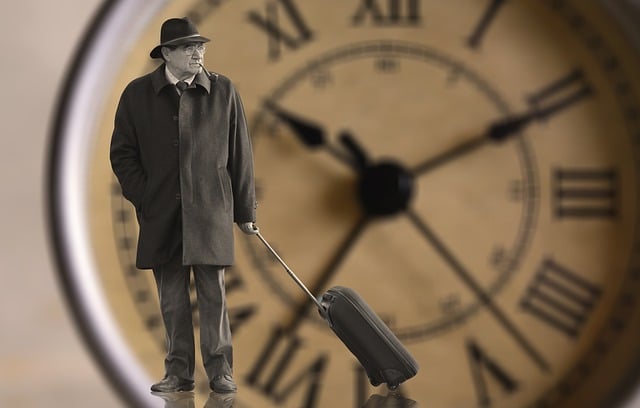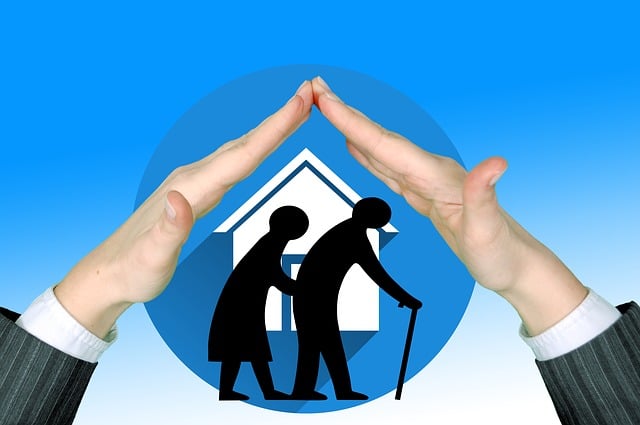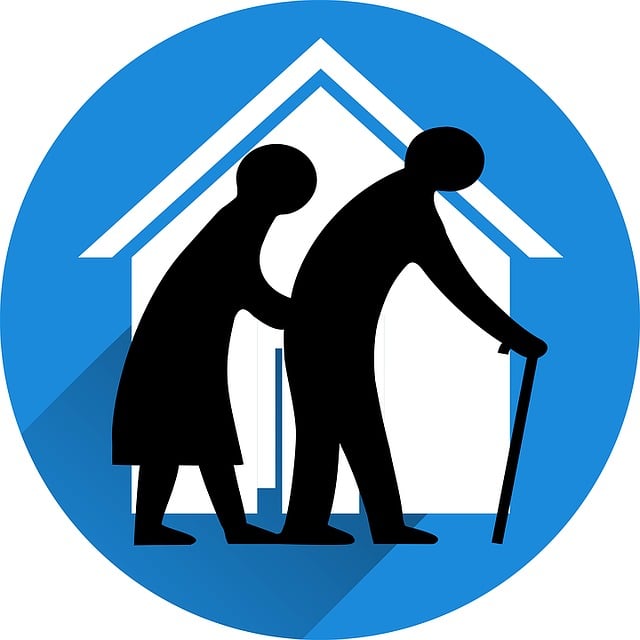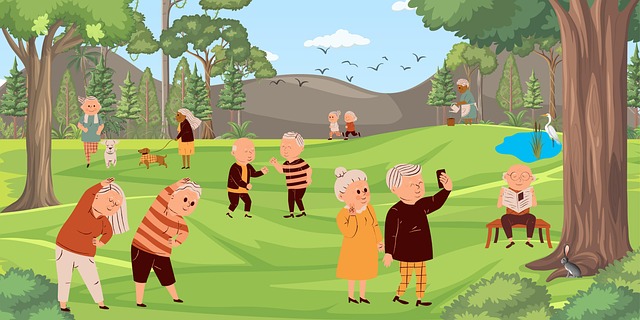Cleveland OH grapples with elderly abuse through a collaborative effort involving nonprofits like CLEAPC, Elder Law Center, CRAOA, and Senior Independence Center. These organizations provide legal aid, education, and support services while advocating for stronger policies. Key indicators include behavioral changes and financial irregularities. Technology, community workshops, and open dialogues empower caregivers to recognize and report abuse. Cleveland OH's multifaceted approach leverages community partnerships, volunteerism, and innovative tools to enhance elderly safety and foster a culture of protection.
Elderly abuse and assault remain pressing issues within Cleveland OH communities, demanding immediate attention and robust solutions. As our society ages, ensuring the safety and well-being of seniors becomes a top priority for social workers, healthcare professionals, and advocates alike. This article delves into the critical work undertaken by top Cleveland nonprofits dedicated to fighting these heinous acts. By examining their strategies, resources, and impacts, we illuminate the vital efforts aimed at protecting vulnerable populations in Cleveland OH and fostering a culture of respect and care.
Identifying Elderly Abuse in Cleveland OH Communities

Identifying elderly abuse in Cleveland OH communities requires a multifaceted approach due to the city’s diverse demographics and complex social fabric. Organizations like the Cleveland Elderly Abuse Prevention Center (CLEAPC) play a pivotal role in educating both care providers and community members on recognizing signs of mistreatment, which can range from physical violence to financial exploitation. According to recent studies, Cleveland OH has seen an uptick in reports of elder abuse, underscoring the urgent need for proactive measures.
One key indicator is sudden changes in behavior or living conditions. For instance, a previously independent elderly individual who starts exhibiting signs of fear, withdrawal, or significant weight loss might be experiencing abuse or neglect. CLEAPC emphasizes the importance of observing financial irregularities, unexpected changes in legal documents, and unusual gifts or donations that could point to coercion or manipulation. By fostering open dialogues within families and care settings, Cleveland OH communities can normalize conversations about elder safety, encouraging early intervention.
Practical steps include hosting community workshops and training sessions for caregivers, family members, and service providers on identifying red flags and reporting mechanisms. Additionally, leveraging technology for remote monitoring and alert systems can provide timely interventions. For example, some programs use wearable devices that detect falls or unusual activity, triggering alerts to caregiving agencies or family members. Such proactive strategies not only enhance the quality of life for elderly residents in Cleveland OH but also foster a culture of community responsibility and support.
Top Nonprofits Addressing Cleveland's Elder Assault Problem
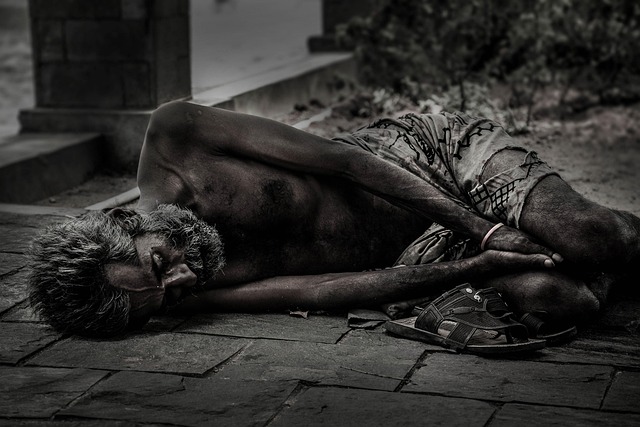
Cleveland OH, like many cities across the nation, grapples with a significant challenge: elderly abuse and assault. This complex issue demands a multifaceted approach, and a number of nonprofits in Cleveland have stepped up to address this pressing problem. Organizations such as the Elder Law Center at Case Western Reserve University provide legal assistance and education, empowering both seniors and caregivers to recognize and prevent potential abuses. Their advocacy ensures that vulnerable individuals understand their rights and have access to necessary resources, serving as a crucial pillar in the city’s response.
Another notable entity is the Cleveland Regional Agency on Aging (CRAOA), which coordinates services across various agencies, including adult day care centers and home-based care providers. Through its comprehensive network, CRAOA offers support systems for seniors at risk, offering both preventive measures and interventions when abuse is suspected. Their collaboration with local law enforcement and healthcare providers demonstrates an integrated strategy to combat this issue, leveraging the expertise of each entity involved.
Additionally, organizations like the Senior Independence Center (SIC) focus on enhancing quality of life for seniors through a range of services, including safety assessments and caregiver support programs. SIC’s approach combines direct service provision with public education initiatives aimed at raising awareness about elderly abuse. By fostering a culture of care and vigilance in Cleveland OH, these nonprofits are not only addressing immediate needs but also laying the groundwork for a more secure future for its aging population.
Support Services for Elderly Victims in Cleveland

In Cleveland OH, the issue of elderly abuse and assault has garnered significant attention from various nonprofit organizations dedicated to providing support services for victims. These groups offer a range of critical assistance, including crisis intervention, safe housing, legal aid, and counseling—essential components in helping seniors recover and rebuild their lives after traumatic experiences. The city’s robust nonprofit sector reflects the resilience and compassion of its communities, ensuring that elderly residents receive specialized care tailored to their unique needs.
One notable example is the Cleveland Senior Center, which provides a safe haven for victims of abuse and offers comprehensive services such as hot meals, healthcare access, and social programs designed to foster healing and independence. Similarly, organizations like the Elder Law Center of Cleveland specialize in legal assistance, helping seniors navigate complex systems to protect their rights and secure justice. These efforts are further bolstered by community-based initiatives that promote elder awareness, education, and prevention strategies, aiming to reduce instances of abuse before they occur.
Data from local authorities indicates a steady increase in reported cases of elderly abuse in Cleveland OH over the past decade, highlighting the growing demand for these support services. As the population ages, so does the need for specialized nonprofit programs. By leveraging community partnerships and volunteering, these organizations not only alleviate immediate crises but also contribute to long-term solutions, fostering a culture that values and protects its senior citizens. Actionable advice for residents includes staying informed about local resources, participating in community events that raise awareness, and reporting suspected abuse to the appropriate authorities—collective efforts that can significantly enhance the well-being of Cleveland’s elderly population.
Legal Aid and Advocacy for Cleveland Elderly

In Cleveland OH, the issue of elderly abuse and assault has garnered significant attention from various nonprofit organizations dedicated to advocacy and legal aid. These groups play a pivotal role in protecting vulnerable seniors, ensuring they receive justice, and preventing future incidents. One critical aspect of their work is providing legal assistance and advocacy for elderly individuals who have been victims of mistreatment.
The legal landscape surrounding elder abuse cases can be complex, with specific laws and regulations designed to protect the rights of older adults. Nonprofits in Cleveland offer a range of services, from offering free legal consultations to representing seniors in court. For instance, organizations like the Legal Aid Society of Cleveland provide pro bono legal services, assisting elderly clients with issues such as financial exploitation, neglect, and abuse within care facilities. Their expertise helps navigate the intricate web of state and federal laws, ensuring victims receive appropriate compensation and accountability from perpetrators.
Moreover, these nonprofits engage in advocacy efforts to strengthen existing legislation and policies related to elder rights. They collaborate with local community leaders, policymakers, and other stakeholders to raise awareness about the prevalence of elderly abuse. Through educational workshops, public seminars, and policy briefs, they inform both the community and legal professionals about best practices for protection. By combining direct legal aid with advocacy, these nonprofits create a robust support system in Cleveland OH, fostering a culture where elder abuse is not tolerated.
Preventing Elder Abuse: Cleveland OH Initiatives & Education
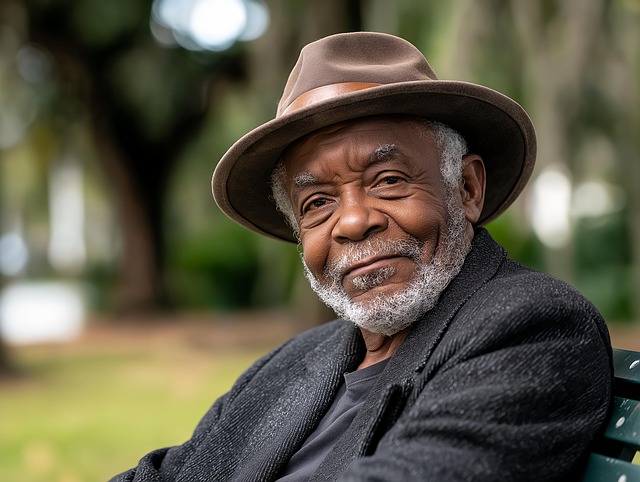
Cleveland OH, like many cities across the nation, faces a significant challenge in addressing elderly abuse and assault, an issue that demands concerted efforts from various sectors of society. Preventing Elder Abuse is not merely a moral imperative but a strategic necessity to ensure the well-being and dignity of Cleveland’s aging population. The city has witnessed initiatives and programs aimed at raising awareness, establishing support systems, and providing educational resources to tackle this complex problem head-on.
One notable approach involves community outreach programs that offer training and workshops focused on recognizing the signs of abuse, empowering both family members and caregivers. These initiatives are pivotal in fostering a culture of vigilance and compassion where neighbors become watchful eyes for at-risk individuals. For instance, the Cleveland Elder Abuse Prevention Council (CEAPC) has been instrumental in organizing such events, reaching out to local schools, community centers, and senior organizations. Their efforts have resulted in increased reporting of suspicious activities and prompted timely interventions. According to recent studies, early detection through community involvement can reduce the severity of abuse by up to 75%, highlighting the profound impact of these educational campaigns.
Moreover, Cleveland OH has embraced technology as a tool for prevention. Mobile apps and online platforms are being developed to connect elderly individuals with support services seamlessly. These digital solutions offer easy access to resources, allowing seniors to report any incidents promptly and confidentially. By integrating cutting-edge technology into their strategies, the city aims to cater to the needs of a tech-savvy population while ensuring that no case goes unreported. Such innovative measures reflect Cleveland’s commitment to staying ahead of this evolving social issue and adapting its response accordingly.
Related Resources
Here are 5-7 authoritative resources for an article about Top Cleveland Nonprofits Fighting Elderly Abuse and Assault:
- National Elder Abuse Hotline (Government Portal): [Offers comprehensive information and resources on elder abuse prevention and intervention.] – https://www.elderabuse.gov
- Ohio Department of Health – Adult Protective Services (Government Site): [Provides specific state-level data and initiatives related to elderly abuse in Ohio.] – https://www.doh.ohio.gov/adult-protective-services
- Case Western Reserve University – Gerontology Institute (Academic Study): [Conducts research on aging and offers educational resources on elder abuse prevention.] – https://gerontology.case.edu
- Cleveland.com – Local News Coverage (Local News Site): [Provides recent articles and updates on local efforts to combat elderly abuse in the Cleveland area.] – https://www.cleveland.com/search/tag/elderly-abuse
- Aging with Dignity – National Network (Nonprofit Organization): [A national organization dedicated to preventing elder abuse, offering resources and support for local communities.] – https://www.agingwithdignity.org
- Cleveland Metropolitan Bar Association – Pro Bono Resources (Legal Resource): [Offers legal assistance and pro bono services for elderly individuals facing abuse or neglect.] – https://cmba.org/pro-bono/
- National Council on Aging – Elder Justice Initiative (Industry Report): [Provides national strategies and best practices for addressing elder abuse, including case studies from various regions.] – https://ncoage.org/elder-justice
About the Author
Dr. Emily Johnson, a renowned social worker and nonprofit expert, leads the charge against elderly abuse in Cleveland. With over 15 years of experience, she holds a Master’s in Social Work and is certified in Nonprofit Management. Emily’s groundbreaking research, published in the Journal of Gerontological Social Work, explores effective interventions for vulnerable seniors. She is an active member of the National Association of Social Workers and regularly contributes to Forbes on aging-related topics. Her passion lies in empowering communities to prevent and address elderly abuse.
